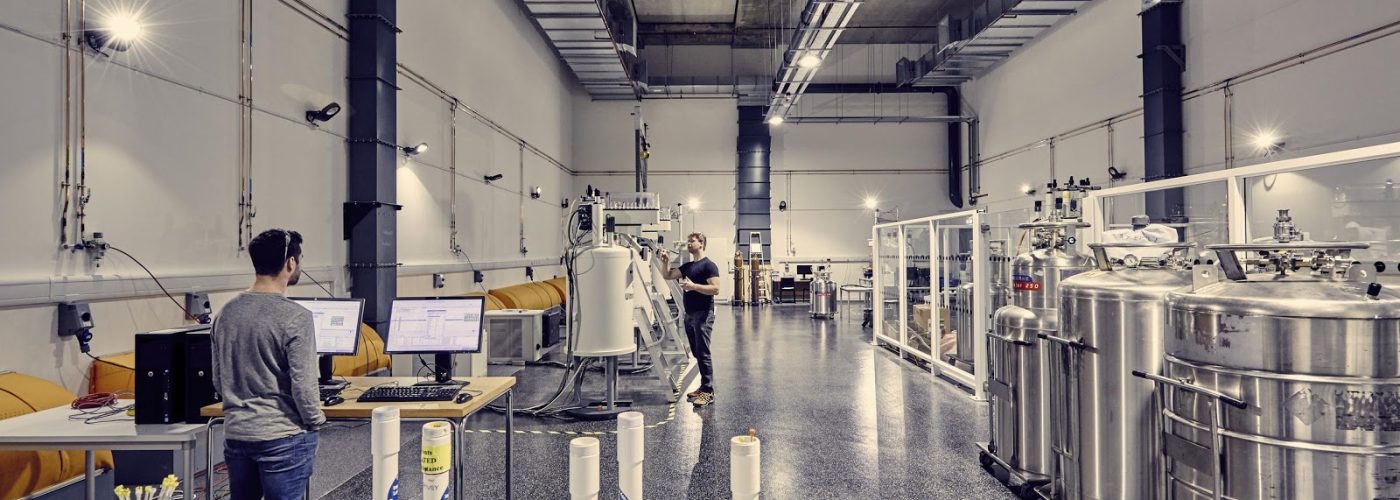A life sciences super-cluster across the Golden Triangle between Oxford, Cambridge and London could help power Britain’s economic recovery from Covid-19 says a major report from New London Architecture (NLA) published.
The Chancellor’s forthcoming emergency budget should look to speed up the delivery of vital lab space, housing and other infrastructure that can attract talent and ensure fast-growing spinouts can remain in Britain rather than relocate to Boston or other major science hubs.
The UK’s life sciences sector has a critical mass in the knowledge economies of London, Oxford and Cambridge. But rising house prices and rents are threatening to price out talent and the businesses who spin-out of the UK’s leading higher education institutes that reside in the region.
NLA’s report, Knowledge Networks: London and the Ox-Cam Arc, calls for the government to streamline planning to speed up development in the region and enable the creation of a U.S-style supercluster in the Golden Triangle.
The UK’s life sciences sector, which contributes £74 billion to the UK economy annually and supports 250,000 jobs, has played a central role in the UK’s economic response to Covid-19. Its ability to preserve and create employment, export innovation globally and lead on the development of a vaccine has meant it has come under the spotlight more than ever – all for the right reasons.
British universities are now more open to partnerships with the commercial world than in previous decades, aware as they are of the need to commercialise their research discoveries. The Golden Triangle is home to the UK’s leading research institutions at Imperial College London, University College London, King’s College, University of Oxford and Cambridge University.
In addition, the UK government is increasing its current level of research and development expenditure from 1.7 percent of GDP to 2.4 percent over the next five years, equivalent to £22bn. Private sector investment will be crucial in leveraging this.
Supply and demand imbalances, both in terms of housing and workspace, have seen prices rapidly rise in the UK’s hub of biomedical, biotechnology and pharmaceutical companies. London, Oxford and Cambridge are three of the least affordable cities to live in in the UK, with average house prices well over 100 percent more than the national average.
High levels of commercial take up has also left companies in the Golden Triangle vying for limited space, helping to drive up rents. In the last five years, commercial rents in Oxford and Cambridge have skyrocketed by 32 percent and 28 percent respectively.
In order to future-proof the success of this region, the NLA, alongside Bidwells, a property consultancy focused on the Golden Triangle, architects Perkins and Will and Penoyre & Prasad, and mixed-used developer Stanhope, are calling for more integrated city–regional planning, and a stronger emphasis on presenting the Golden Triangle as a coordinated international brand on the world-stage and viewing it ‘in system terms’.
In spatial terms this means providing the right balance and mix of housing, start-up, grow-on, industrial and corporate space across the region as a whole, so that researchers and entrepreneurs can easily identify their next opportunity and continue to attract top-tier talent.
Ensuring suitable housing, workspace and infrastructure is delivered in the region, where economic output rose by 5.4 percent over the five years to 2018 according to Bidwells, will help future-proof the UK economy.





